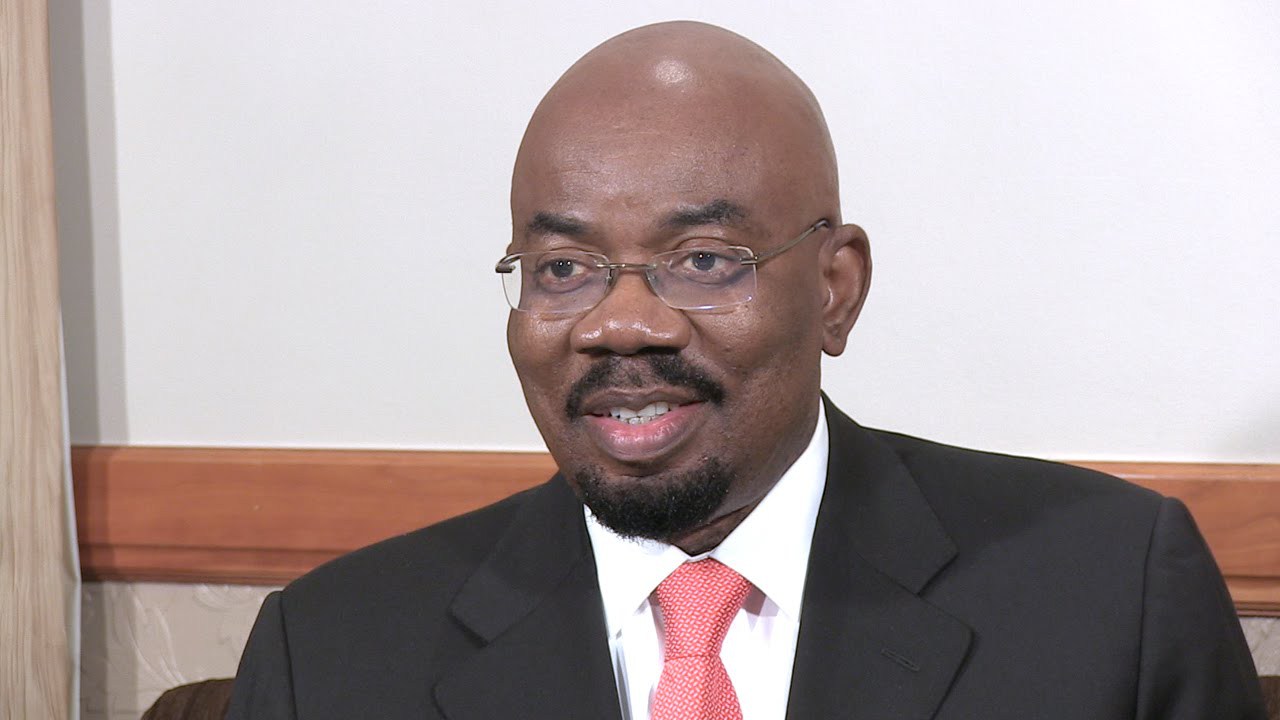Nigerian banks struggling to raise capital buffers may find their regulator is a lot more tolerant than in the past, according to Moody’s Investors Services.
The Central Bank of Nigeria is able to identify stresses in the industry much earlier than during a banking crisis in 2009, when the government had to take over bad debts and recapitalize lenders, Akintunde Majekodunmi, a banking analyst at Moody’s Investors Service, said in interview in Lagos, Nigeria’s commercial hub, on Wednesday.
That gives it room to “follow regulatory forbearance” in the surveillance and measurement of risks, he said.
Some of the country’s small- and medium-sized lenders are struggling to meet capital requirements after a plunge in oil prices since mid-2014 cut government revenue. A shortage of dollars has also made it harder for businesses to survive, prompting a surge in non-performing loans. Lenders including Unity Bank Plc, Diamond Bank Plc and Skye Bank Plc are in talks to sell assets and attract equity and debt to increase capital above the 10 percent set for local lenders and 15 percent required for banks with international operations.
The regulator replaced the top management of Skye Bank in July last year for falling short of capital thresholds and extended a loan to the lender to boost its liquidity. In 2009, a credit crunch prompted the government to create the Asset Management Corp. of Nigeria, or Amcon, which bought about 14,000 non-performing loans from 10 banks at a cost of 3.9 trillion naira ($12 billion). It also took over three lenders that couldn’t meet a recapitalization deadline.
Amcon, which sold the last of the three banks to new investors in March, said it has no plans for another rescue package.
Notwithstanding a surge in non-performing loans following a contraction in Nigeria’s economy last year, the “outlook has improved’’ for the country’s banking industry due to higher oil prices and increased dollar supplies from the central bank, Majekodunmi said.
Nigeria’s 10-member banking stocks index has climbed 45 percent since the government three weeks ago opened a platform that allows dollars to be traded more freely.
Bloomberg











